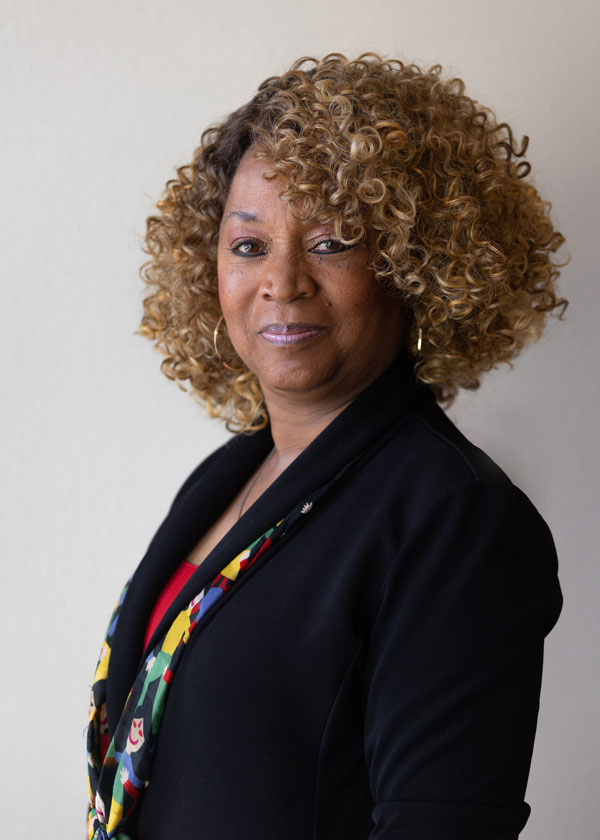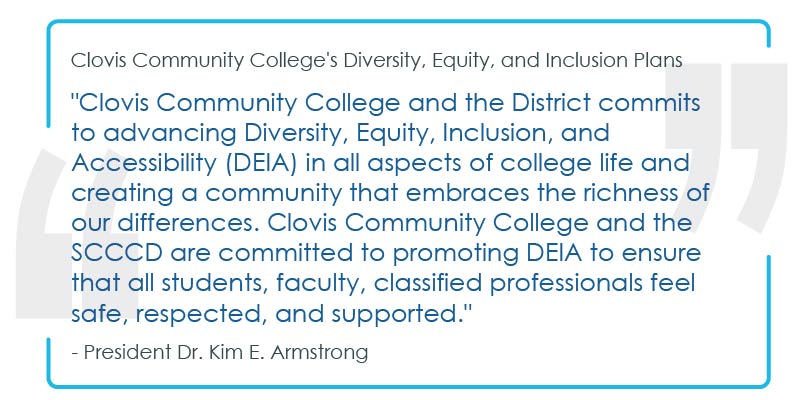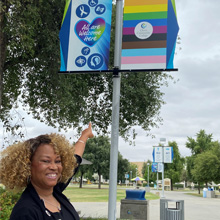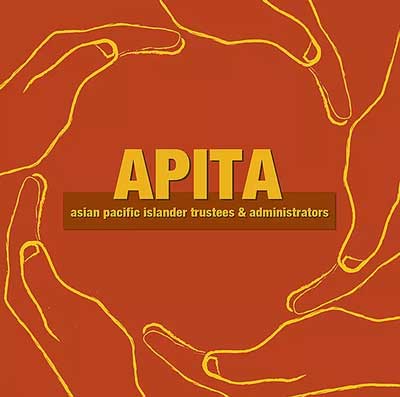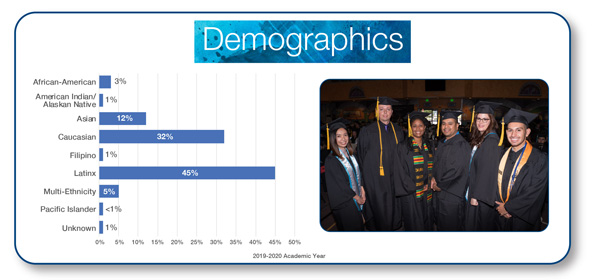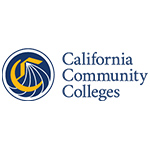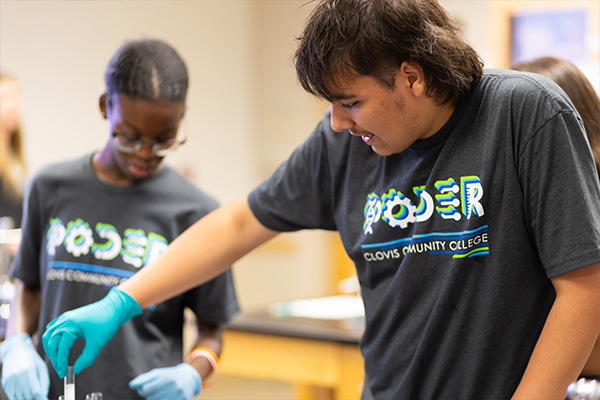
Latine/x/a/o and Hispanic Student Resources
Clovis Community College is dedicated to fostering and celebrating the academic, personal, and cultural success of our Hispanic students. We create a vibrant community where diverse identities are embraced, and each student is empowered to reach their full potential. We are committed to using research and best practices to increase awareness and ability to intentionally serve Latine/x/a/o students.

Asian American, Native Hawaiian and Pacific Islander Student Resources
We are committed to supporting Asian American, Native Hawaiian, and Pacific Islander (AANHPI) students through inclusive and culturally responsive initiatives. By offering targeted academic advising, specialized support services, and resources that address the unique needs of AANHPI students, we foster an environment where all students can thrive academically and personally.
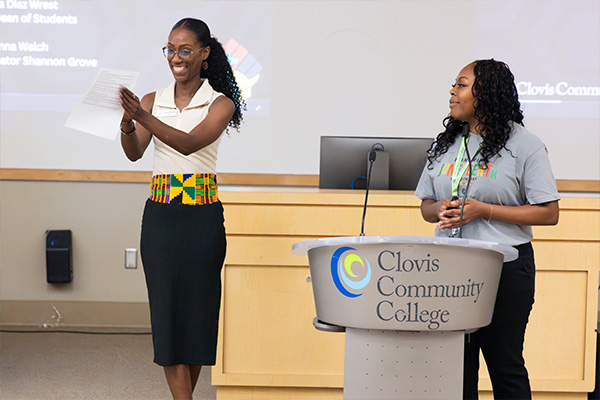
Black and African American Student Resources
We are dedicated to the academic success and wellness of our Black students. Our goal is to create an environment that embraces the true essence of the Black student experience while supporting them on their academic journey.
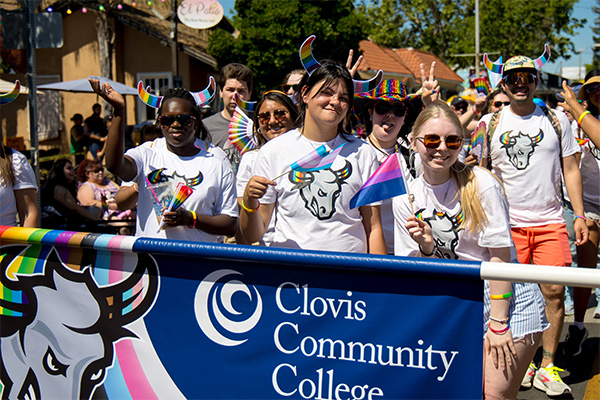
LGBTQ+ Student Resources
At Clovis Community College we strive to create a welcoming campus climate and more inclusive understandings of gender and sexuality. We foster a sense of belonging and support for all, regardless of their gender identity or expression.
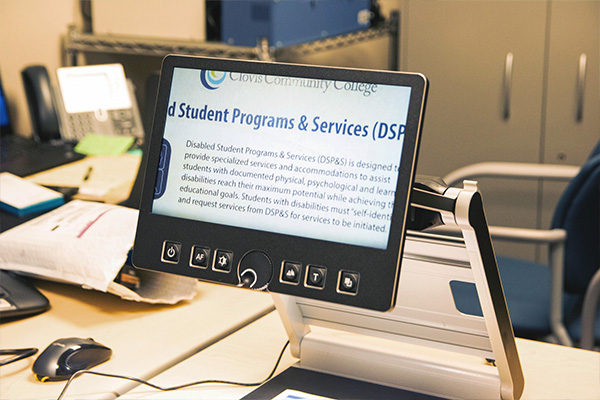
Accessibility / Disability Resources
Disabled Student Programs & Services (DSP&S) provides academic accommodations to qualified students with disabilities to promote equal access to courses and campus activities. We welcome the diversity that those with disabilities bring to the CCC community. This includes students, faculty, and staff helping to create an inclusive academic environment that promotes dignity, reduces stigma, and encourages self-advocacy for individuals with disabilities.


